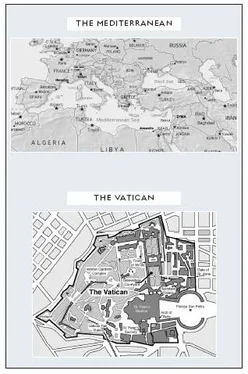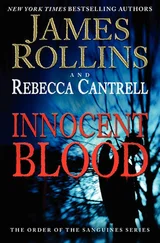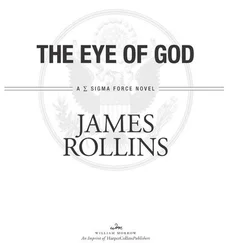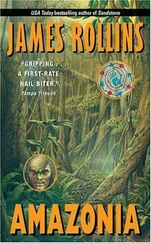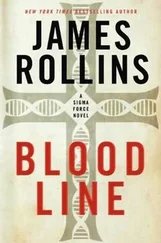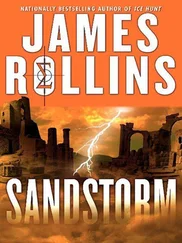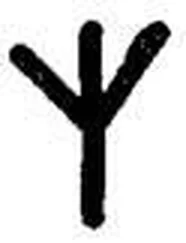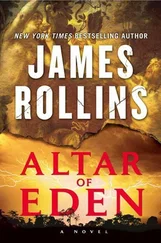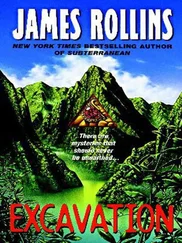“What did they do with them?” Gray asked.
“They were prepared only for the pharaohs. To be consumed. Supposedly to increase their powers of perception.”
Kat sat straighter, lowering her feet from the opposite bench.
Gray turned to her. “What is it?”
“I’ve been reading some of the properties of high-spin-state metals. Specifically gold and platinum. Exposure through ingestion can stimulate endocrine systems, creating heightened senses of awareness. Remember the articles on superconductors?”
Gray nodded. High-spin atoms acted as perfect superconductors.
“The U.S. Naval Research Facility has confirmed that communication between brain cells cannot be explained by pure chemical transmission across synapses. Brain cells communicate too quickly. They’ve concluded that some form of superconductivity is involved, but the mechanism is still under study.”
Gray frowned. He had, of course, studied superconductivity in his doctoral program. Leading physicists believed the field would lead to the next major breakthroughs in global technologies, with applications across the board. Also, from his dual degree in biology, he was well familiar with the current theories on thought, memory, and the organic brain. But what did any of this have to do with white gold?
Kat leaned toward her laptop. She tapped up another article. “Here. I did a search for platinum-group metals and their uses. And I found an article about calf and pig brains. A metal analysis of mammalian brains shows that four to five percent of the dry weight is rhodium and iridium.” She nodded to the sample on Gray’s table. “Rhodium and iridium in their monatomic state.”
“And you think these m-state elements might be the source of the brain’s superconductivity? Its communication pathway? That the pharaohs’ consumption of these powders juiced it up?”
Kat shrugged. “Hard to say. The study of superconductivity is still in its infancy.”
“Yet the Egyptians knew about it,” Gray scoffed.
“No,” Vigor countered. “But perhaps they learned some way of tapping into it by trial and error or by accident. However it came about, this interest and experimentation with these white powders of gold appears throughout history, passed from one civilization to the next, growing stronger.”
“How far forward can you trace it?”
“Right back to there.” Vigor pointed to the artifact on Gray’s table.
Gray’s interest piqued. “Really?”
Vigor nodded, up for the challenge. “As I said, we start first in Egypt. This white powder went by many names. The ‘white bread’ I mentioned, but also ‘white nourishment’ and ‘mfkzt.’ But its oldest name can be found in the Egyptian Book of the Dead . The substance is named hundreds of times along with its amazing properties. It is simply called ‘what is it.’”
Gray remembered the monsignor stumbling on those same words earlier, when they first turned the powder into glass.
“But in Hebrew,” Vigor went on, “‘what is it’ translates to Ma Na .”
“Manna,” Kat said.
Vigor nodded. “The Holy Bread of the Israelites. According to the Old Testament, it fell down from the heavens to feed the starving refugees fleeing Egypt, led by Moses.” The monsignor let that sink in and fiddled with his gathered files. “While in Egypt, Moses showed such wisdom and skill that he was considered a potential successor to the Egyptian throne. Such esteem would entitle him to participate in the deepest level of Egyptian mysticism.”
“Are you saying Moses stole the secret to make this powder? The Egyptian white bread?”
“In the Bible, it went by many names. Manna. Holy Bread. Shrew-bread. Bread of Presence. It was so precious that it was stored in the Arc of the Covenant, alongside the tablets bearing the Ten Commandments. All stored in a golden box.”
Gray did not miss the suggestive lift of the monsignor’s eyebrow, emphasizing the parallel to the Magi’s bones being preserved in a golden reliquary. “It seems a stretch,” Gray mumbled. “The name ‘manna’ might just be a coincidence.”
“When was the last time you read the Bible?”
Gray didn’t bother answering.
“There are many things that have perplexed historians and theologians in regards to this mysterious manna. The Bible describes how Moses set fire to the golden calf. But rather than melting into a molten slag, the gold burned down to a powder…which Moses then fed to the Israelites.”
Gray’s brows pinched. Like the pharaoh’s white bread.
“Also, who does Moses ask to make this Holy Bread, this manna from heaven? In the Bible, he doesn’t ask a baker to prepare it. He asks Bezalel.”
Gray waited for an explanation. He was not current on his biblical names.
“Bezalel was the Israelites’ goldsmith . He was the same person who constructed the Arc of the Covenant. Why ask a goldsmith to bake bread unless it was something other than bread?”
Gray frowned. Could it be true?
“There are also texts from the Jewish Kabbalah that speak directly of a white powder of gold, declaring it magical, but a magic that could be used for good or evil.”
“So what became of this knowledge?” Gray asked.
“According to most Jewish sources, it was lost when the Temple of Solomon was destroyed by Nebuchadnezzar in the sixth century B.C.”
“Where did it go after that?”
“To find hints of it, we skip forward two centuries, to another famous figure in history, who also spent much of his life in Babylon, studying with scientists and mystics.” Vigor paused for emphasis. “Alexander the Great.”
Gray sat straighter. “The Macedonian king?”
“Alexander conquered Egypt in 332 B.C., along with a vast part of the world. The man was always interested in esoteric knowledge. Throughout his conquests, he sent Aristotle scientific gifts from around the world. He also collected a series of Heliopolitan scrolls, concerning Old Egypt’s secret knowledge and magic. His successor, Ptolemy I, gathered these into the Library of Alexandria after his death. But one Alexandrian text tells a story about an object called the Paradise Stone. It was said to have mystical properties. When solid, it could surpass its own weight in gold, yet when crushed into a powder, it weighed less than a feather and could float.”
“Levitation,” Kat said, interrupting.
Gray turned to her.
“Such a property of superconducting material is well documented. Superconductors will float in strong magnetic fields. Even these m-state powders demonstrate superconducting levitation. In 1984, laboratory tests in both Arizona and Texas showed that rapid cooling of monatomic powders could raise their tested weight fourfold. Yet if heated again, the weight vanished to less than zero.”
“What do you mean, less than zero?”
“The pan weighed more without the substance on it, as if the pan were levitating.”
“The Paradise Stone rediscovered,” Vigor declared.
Gray began to sense the truth. A secret knowledge passed down through the generations. “Where does the powdery trail lead next?”
“To the time of Christ,” Vigor answered. “In the New Testament, there continue to be hints of a mysterious gold. From Revelations, chapter two: ‘Blessed be the man who will overcome for he shall be given the hidden manna, the white stone of the purest kind.’ Also the Book of Revelations describes the houses of New Jerusalem as being constructed of ‘gold so pure as to appear like transparent glass.’”
Gray remembered Vigor mumbling that verse when the puddle of molten glass had hardened on the cathedral floor back in Cologne.
“Tell me,” Vigor continued, “when does gold ever appear like glass? It makes no sense unless you consider the possibility of m-state gold…this ‘purest of all golds’ described in the Bible.”
Читать дальше
